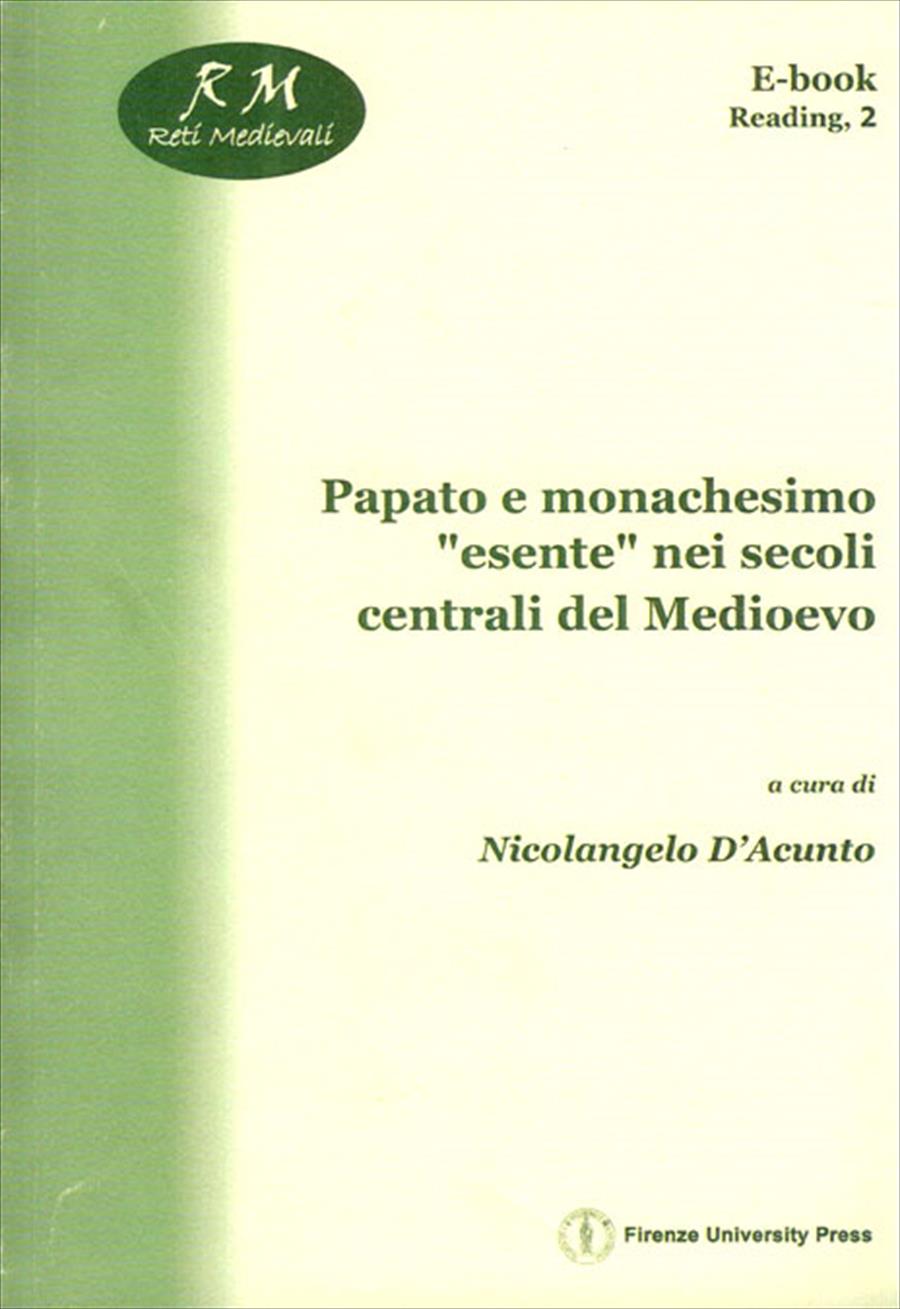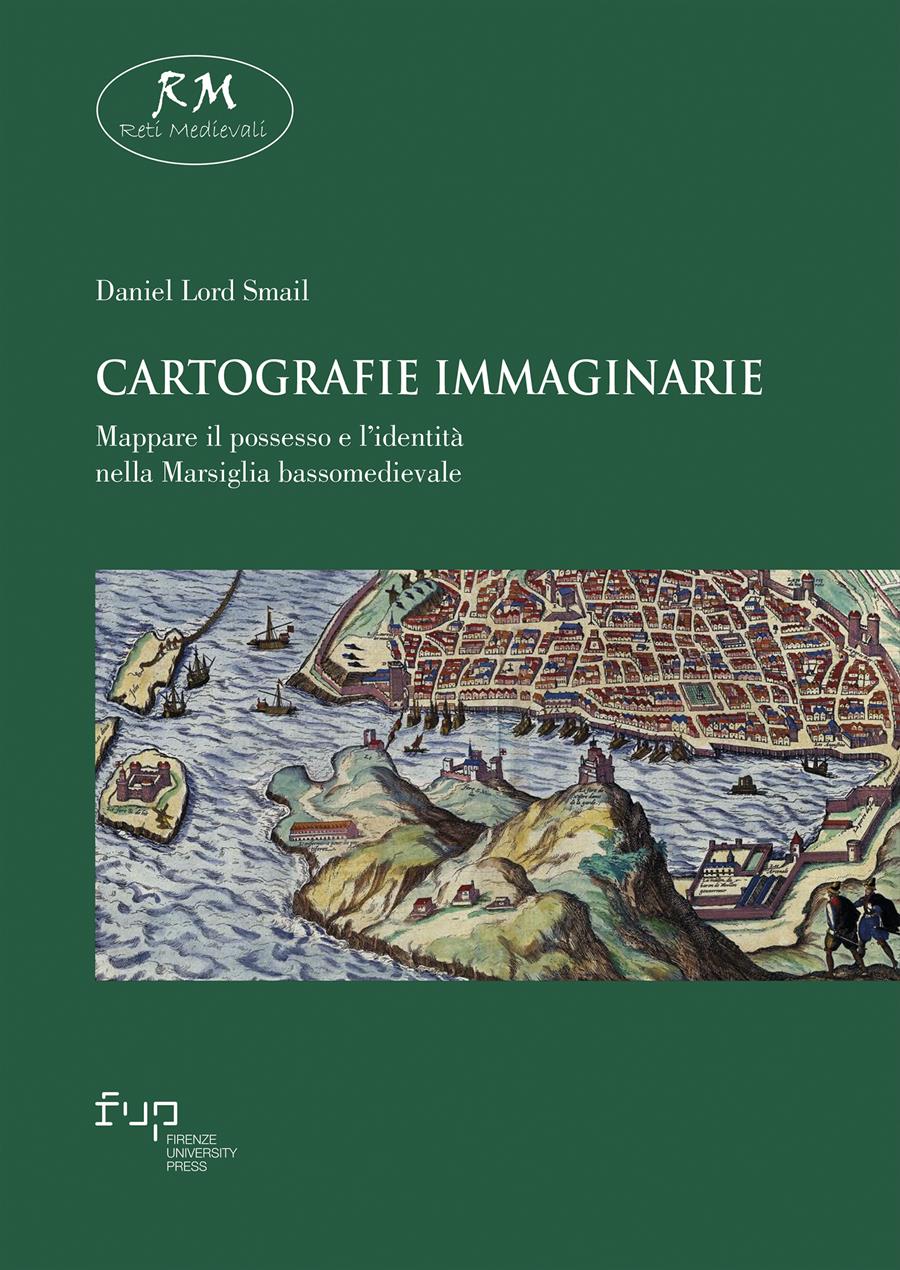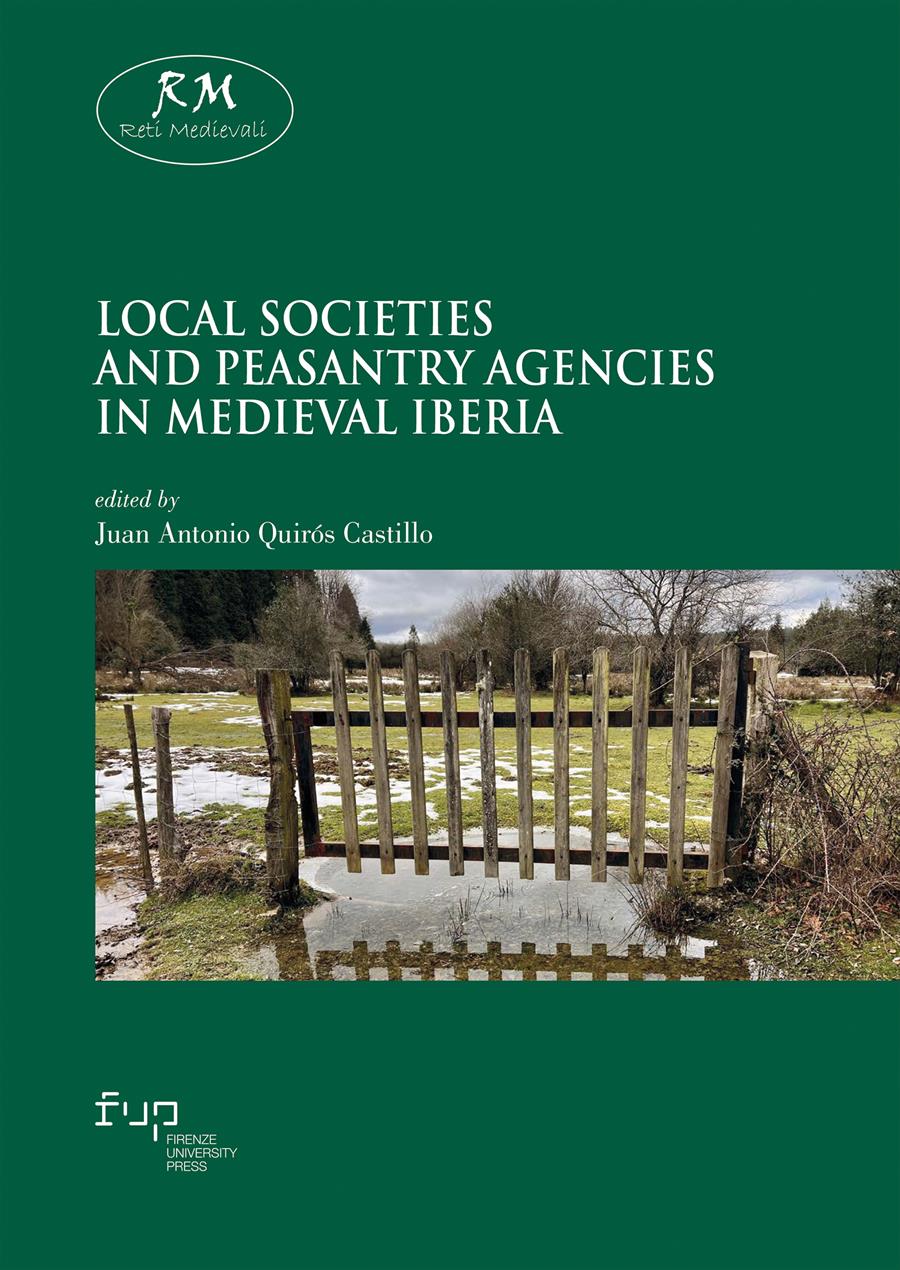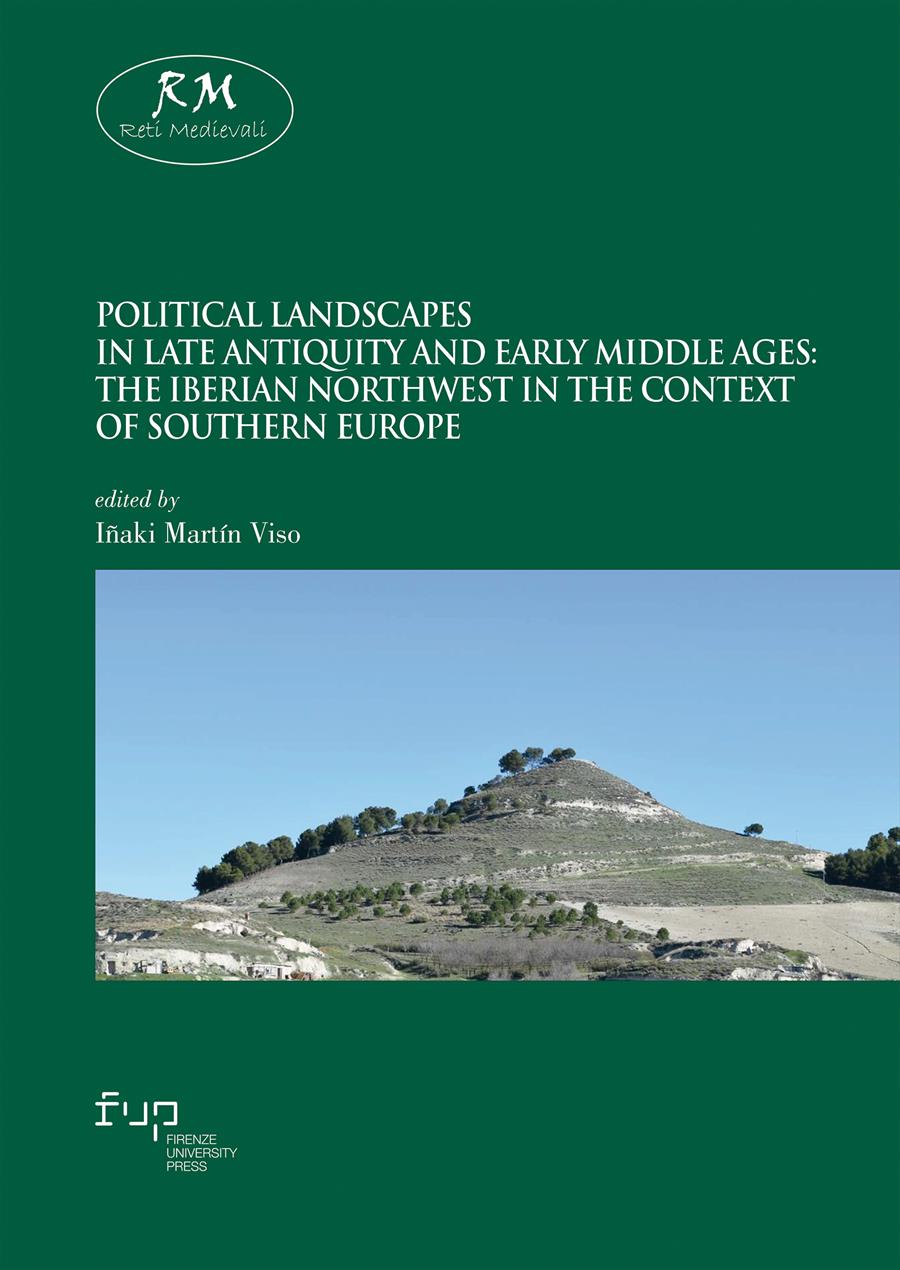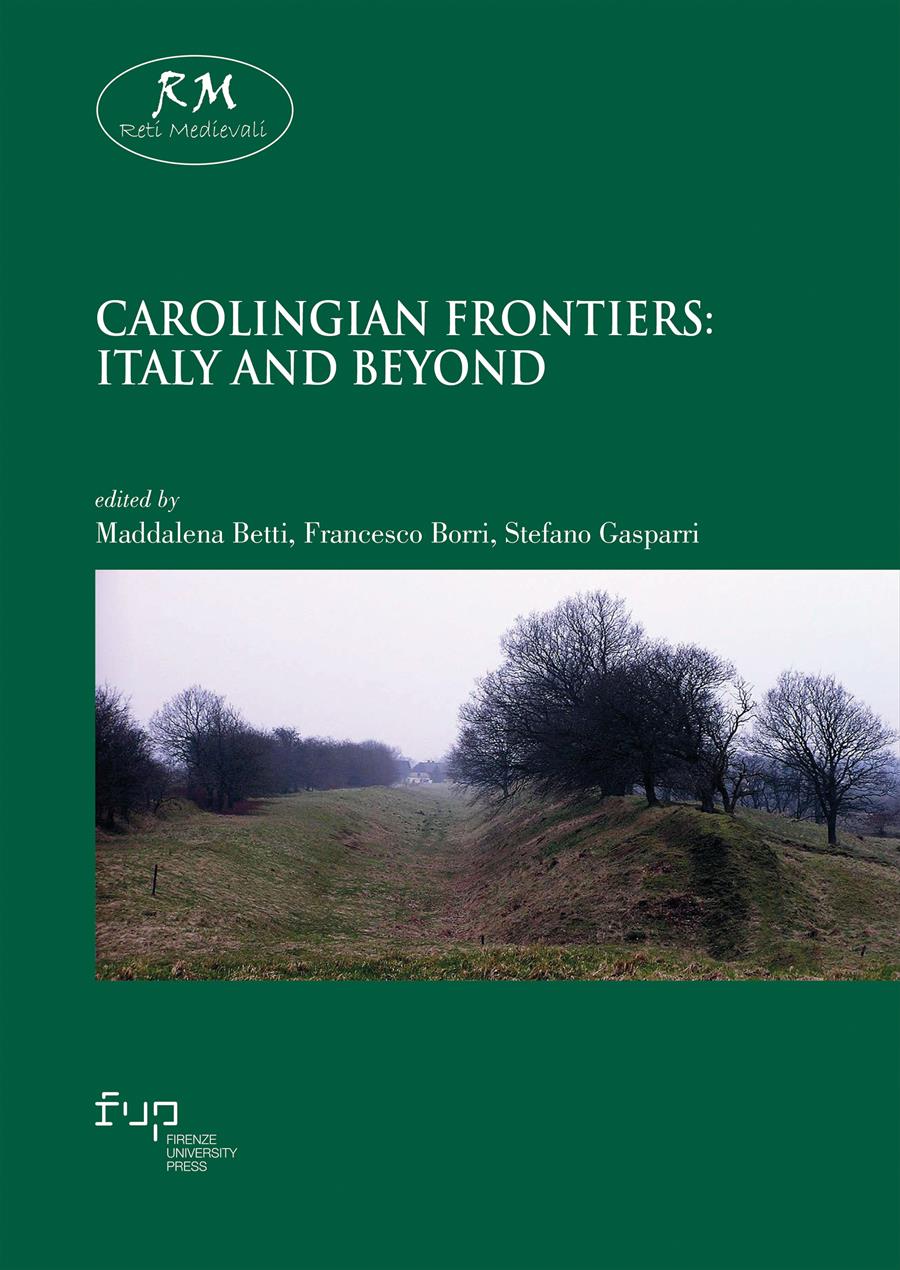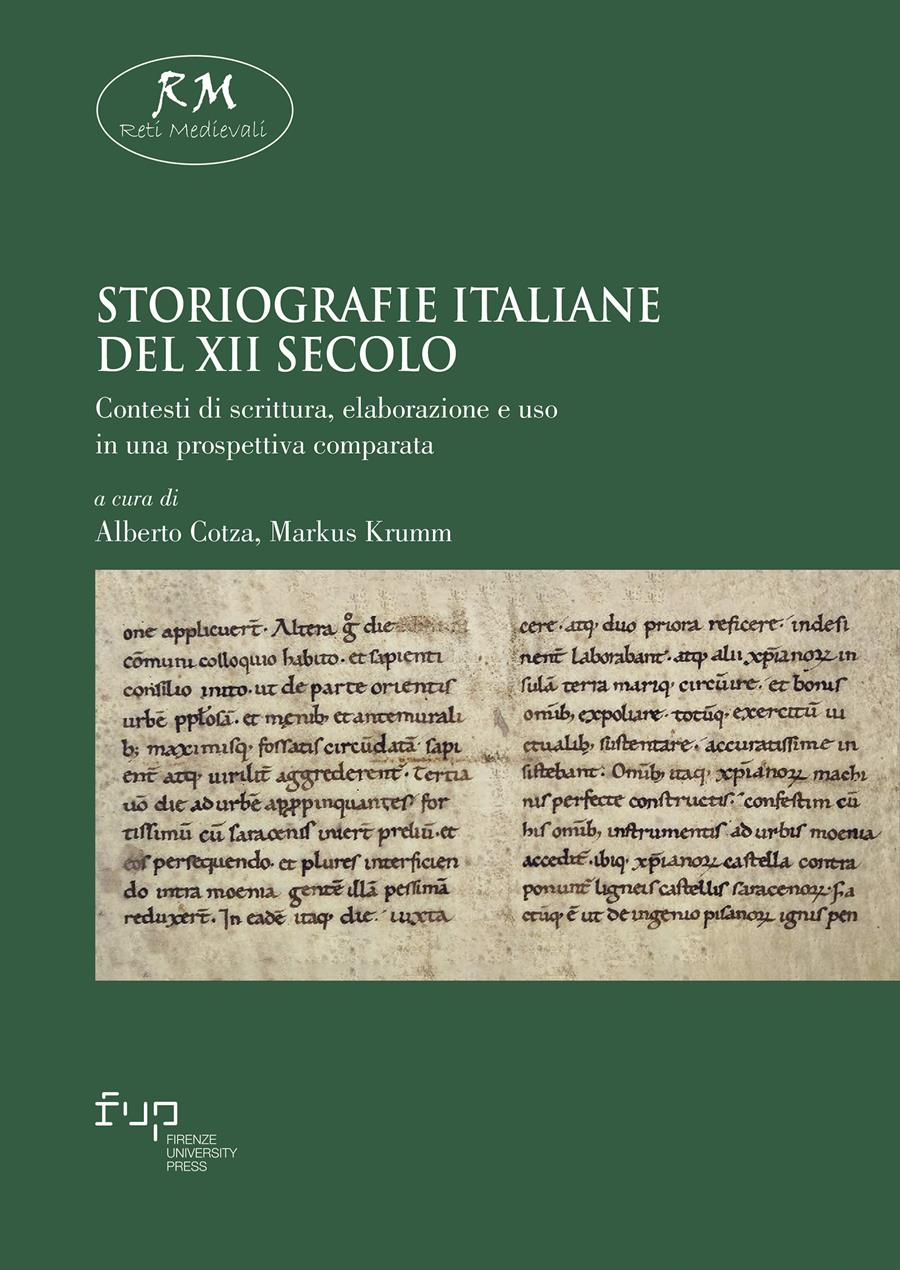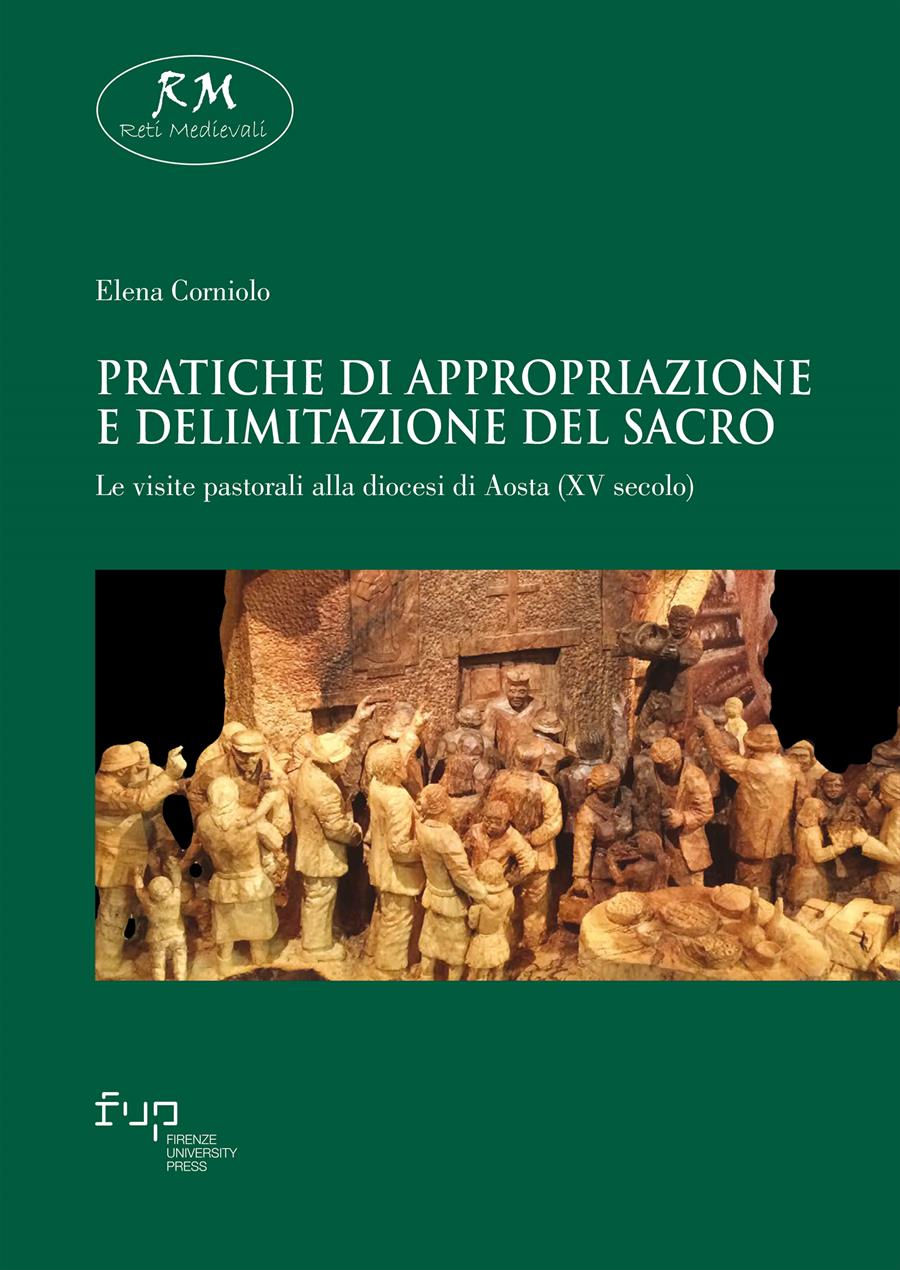Papato e monachesimo "esente" nei secoli centrali del Medioevo
- Edited by:
- Nicolangelo D'Acunto,
In the XI-XIII centuries the monasteries experienced a bigger freedom from the interference of the dioceses and were able to benefit from the exemption to interact with the local dominant classes. This new dynamic in relationships had an impact on the transformations of both the ecclesiastical structures and the political and economic assets in the territory. The authors analyse the phenomenon from different points of view, always paying attention to the sources and addressing topics such as: the interventions of the papacy in order to influence the constitutional configuration of Orders and congregations; the forms of the documents issued for this purpose by the pontifical chancery; the intricate relations between the papacy, bishops and exempt monasteries; the relationships between the latter and local societies.
- Keywords:
- Storia,
- Medioevo,
- Chiesa cattolica romana,
- Open Access,
- DOI: 10.36253/88-8453-082-2
- Series: Reti Medievali E-Book
- Scientific Board
- Language: Italian
- Subjects: Medieval History
Catholic University of Sacro Cuore of Milan, Italy - ORCID: 0000-0002-9010-6727
- Publication Year: 2003
- Pages: 241
- eISBN: 88-8453-082-2
- Content License: CC BY-NC-ND 1.0 IT
- © 2003 Author(s)
- Publication Year: 2003
- eISBN: 978-88-5518-740-4
- Content License: CC BY-NC-ND 1.0 IT
- © 2003 Author(s)
- Publication Year: 2003
- Pages: 242
- ISBN: 88-8453-083-0
- Content License: CC BY-NC-ND 1.0 IT
- © 2003 Author(s)
Bibliographic Information
Book Title
Papato e monachesimo "esente" nei secoli centrali del Medioevo
Editors
Nicolangelo D'Acunto
Peer Reviewed
Number of Pages
242
Publication Year
2003
Copyright Information
© 2003 Author(s)
Content License
Metadata License
Publisher Name
Firenze University Press
DOI
10.36253/88-8453-082-2
ISBN Print
88-8453-083-0
eISBN (pdf)
88-8453-082-2
eISBN (xml)
978-88-5518-740-4
Series Title
Reti Medievali E-Book
Series ISSN
2704-6362
Series E-ISSN
2704-6079
